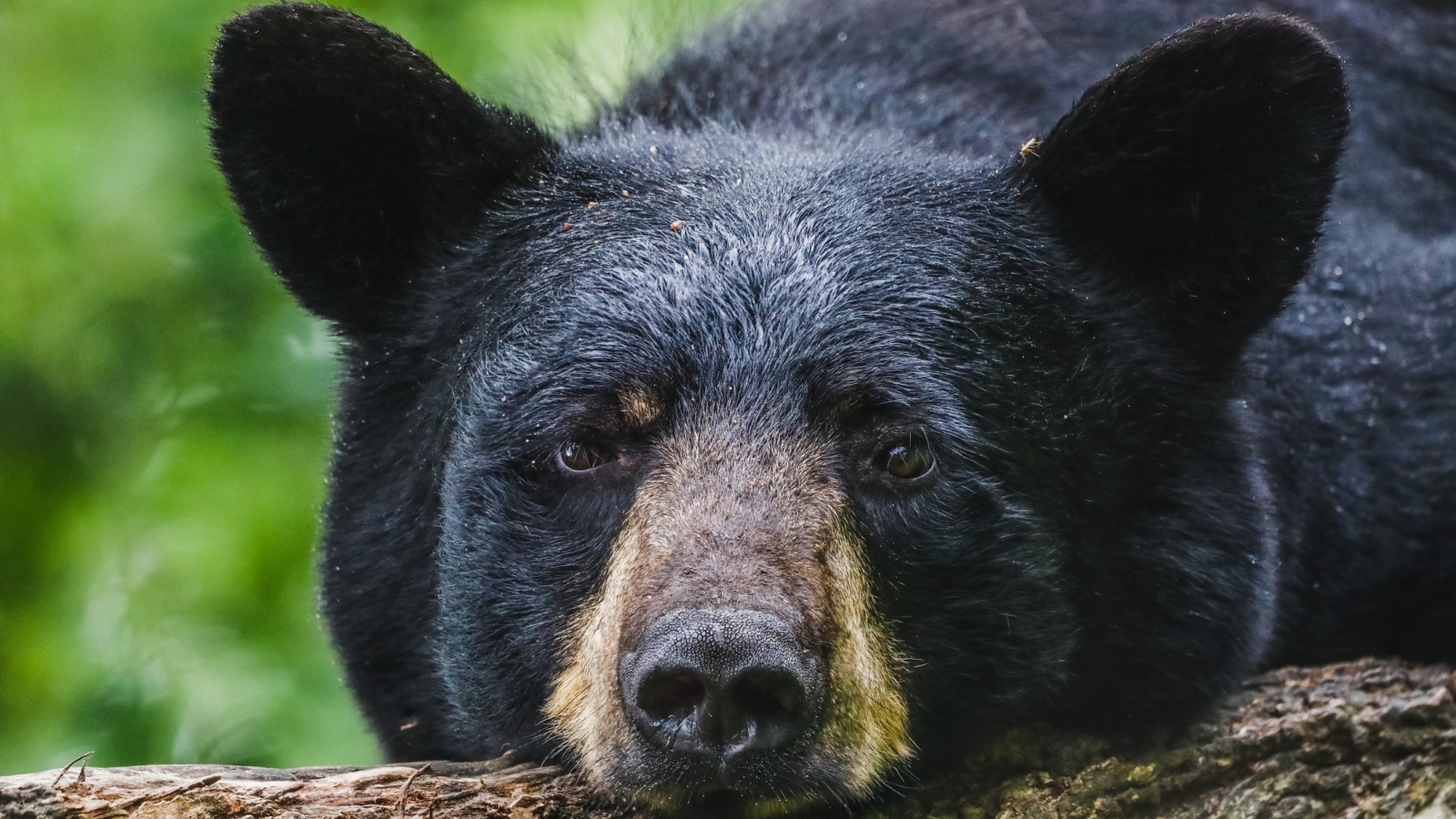
iStockphoto / Mandy Fuller Photography
A family in Lake Mary, Florida had their first-ever bear encounter after a three-legged black bear broke through their screen and onto the lanai where it then stole three White Claws from the porch fridge.
The family’s 13-year-old son was home when the bear ripped through the screened-in porch and helped itself to the beer fridge. He might’ve been oblivious to the bear’s presence had the family dog not been yapping up a storm to alert him something was wrong.
The son and the family’s home security system captured footage of the three-legged bear stealing White Claws and the story has gone viral after being featured on the local news in Florida.
The family said after eating the fish food the bear went for the White Claws. He downed some mango and strawberry cans before going about his business.
Apparently the bear is relatively known in the area which makes perfect sense because it has 3 legs. How do you not remember a three-legged bear roaming around? Locally, the bear is known as ‘Tripod.’
It is estimated there are over 4,000 black bears in Florida. They weigh between 250-360lbs on average in Florida but the biggest one to date was 760 pounds.
Black Bears in Florida
I’m a born and raised Floridian and grew up in the Boy Scouts but I’ve never seen one in the wild. And it’s primarily because the bears stick to a pretty reliable wildlife corridor pattern that I’ve just happened to never live on.
According to the Florida Fish and Wildlife Conservation Commission, male black bears in Florida tend to live within a 60 square mile area while the females live within an even smaller 15 square mile area. And breeding season is typically from June to August so bear activity has spiked recently.
Bears can theoretically be found anywhere in Florida but they do tend to be concentrated to the Panhandle, Jacksonville area, and the center of the state. Seeing these bears on either coast in South Florida is not a common occurrence.